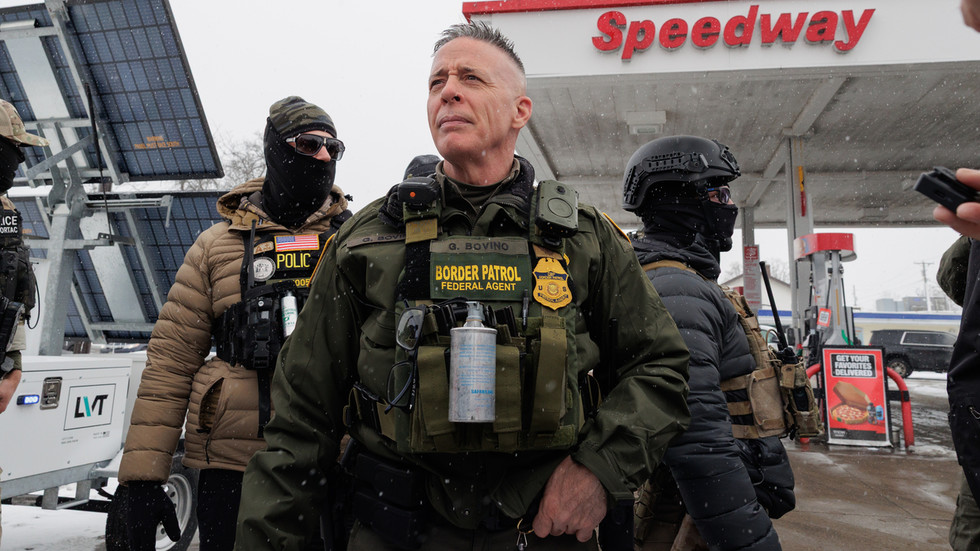Nigeria’s Minister of Works, David Umahi, has stated that the Southeast region should not expect to produce the country’s next president yet. In an interview with the News Agency of Nigeria in Abuja, Umahi emphasized the importance of political fairness and continuity, particularly in the context of the 2027 elections.
Umahi recalled that prior to the 2023 elections, 17 Southern governors had met in Asaba to advocate for a Southern president, regardless of party affiliation. Although their efforts were unsuccessful, President Bola Tinubu, a Southerner, ultimately took office. According to Umahi, it would be unfair for the Southeast to demand the presidency now, as Tinubu’s eight-year term should be allowed to run its course.
The Minister noted that Tinubu’s presidency represents the South as a whole, and his term should be seen as a collective opportunity for the region. Umahi suggested that the Southeast should wait until 2031, when Tinubu’s term is set to expire, before pursuing the presidency. He believes that this approach will allow for a more equitable distribution of power and give the Southeast a chance to produce a president, having never held the position before.
Umahi also acknowledged that the Southeast has faced marginalization in the past, which made it challenging for some governors, including himself, to secure support for the All Progressives Congress (APC) in the 2023 elections. However, he emphasized that there are highly qualified individuals from the region who could potentially occupy the presidency in the future.
The Minister’s comments come as the country prepares for future elections, with various regions and interest groups vying for power. Umahi’s statement highlights the complexities of Nigeria’s political landscape, where regional and ethnic considerations often play a significant role in shaping the country’s leadership. As the nation looks to the future, the Minister’s call for patience and fairness is likely to resonate with many Nigerians, who are eager to see a more inclusive and representative government.



